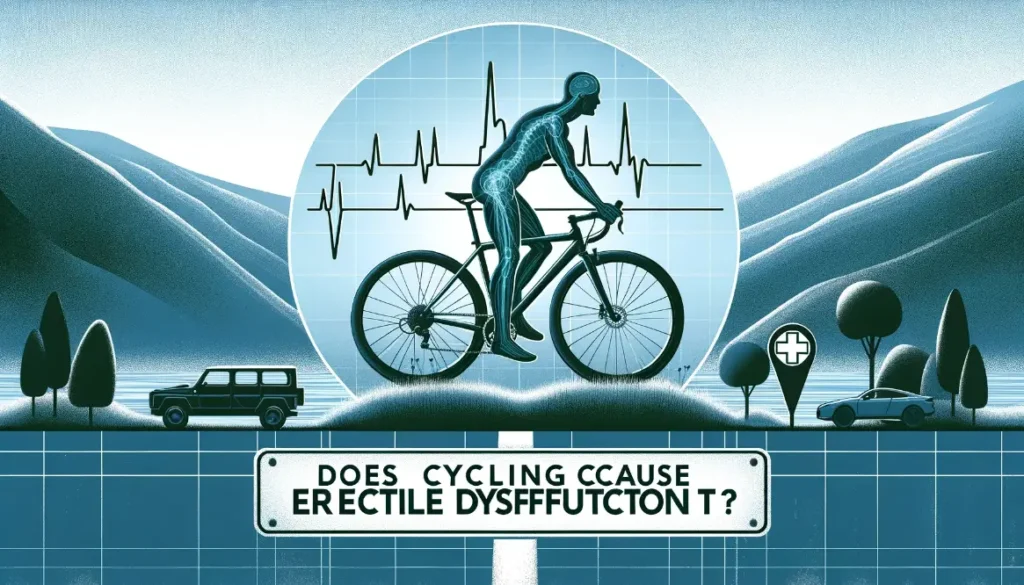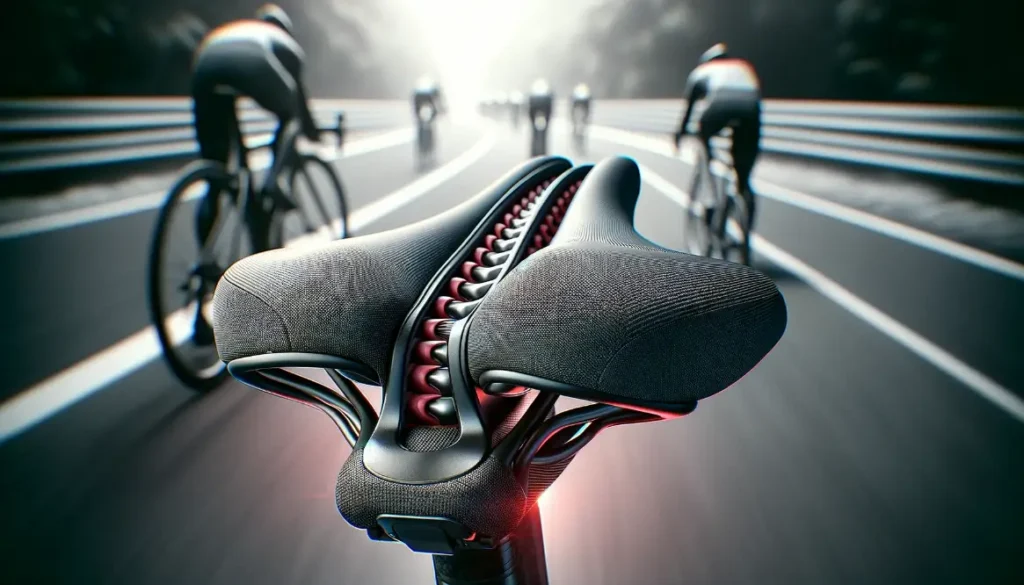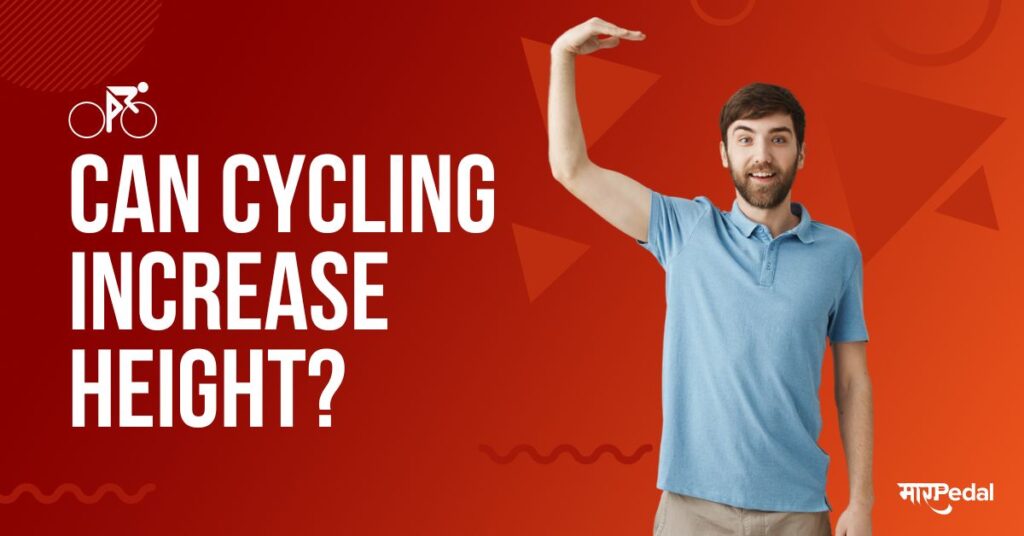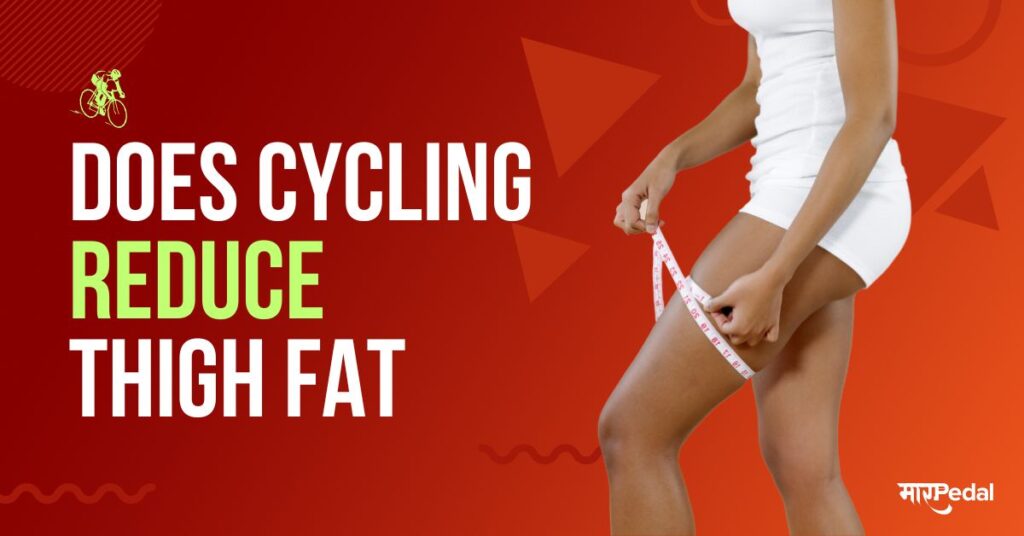
Erectile dysfunction (ED) is the inability to achieve or maintain an erection firm enough for sexual intercourse. Many factors can contribute to ED, from medical conditions to medications. Some claim that avid cyclists may also have an increased risk of developing erectile difficulties over time. But is cycling truly harmful for men’s sexual health?
Arguments That Cycling Causes ED
Some research suggests that spending long hours on narrow bike seats could lead to erectile issues:
Narrow Bike Seats Compress Nerves and Reduce Blood Flow

The perineal nerves and blood vessels that supply the penis pass under the prostate gland near the seat bones. Lean, thinly padded saddles put pressure on this area, potentially compressing nerves and compromising circulation to erectile tissues.
Pressure on Perineum May Damage Tissues
In addition to reduced blood flow, pressure on the perineum could contribute to inflammation, scarring, and plaque buildup in penile tissues over time. These changes may make achieving an erection more difficult.
Long or High Intensity Rides Increase Risk
Long distance and highly intense cycling training regimens requiring many hours in the saddle daily could increase the risks to sexual health compared to moderate riding.
Arguments Against Cycling Causing ED
However, a number of experts argue that cycling does not necessarily harm men’s sexual functioning:
Most Studies Find No Connection in Moderate Cycling
While some small studies have linked cycling to ED, larger analyses generally find no significant relationship between moderate cycling and erectile function. Most cyclists do not seem to have higher rates of ED than the general population.
Improved Cardiovascular Health Benefits Sexual Function
The improved stamina and cardiovascular fitness associated with regular cycling could actually benefit sexual health indirectly. Better heart health and circulation reduce the risks of developing ED.
Other Factors Like Age, Genetics, Medications Play a Role
ED has many causes unrelated to cycling, including natural aging, genetics, obesity, diabetes, cardiovascular disease, neurological disorders, side effects of medications, etc. These issues are likely more significant risks for most men.
Managing Sexual Health Risks of Cycling
While the impacts of cycling on erectile function remain controversial, there are steps cyclists can take to lower any potential risks:
Pro Tips for Cyclists
- Choose wider, anatomical bike seats designed to remove pressure from the perineum.
- Properly adjust seat height and tilt to suit your flexibility and anatomy.
- Use padded shorts and take regular breaks to improve comfort.
When to See a Doctor
If you develop new or worsening ED symptoms, consult a urologist. Be prepared to share your cycling habits along with full medical history so underlying causes can be explored. Get checked for cardiovascular issues that could contribute to ED risk. Also discuss all medications with your doctor as some prescriptions list ED as a potential side effect.
Conclusion
Current research presents mixed perspectives on cycling as a risk factor for erectile dysfunction. While very extensive or intense cycling may pose some hazards, moderate riding seems harmless for most men. By choosing proper equipment, adjusting bike fit, wearing appropriate shorts, and taking regular breaks, cyclists can further minimize any potential sexual health impacts.
See also: Does Cycling Reduce Breast Size? The Truth Unveiled
Consult a doctor promptly if ED arises to uncover any underlying medical conditions, medication side effects or other personal risk factors contributing to the problem. Treating cardiovascular health in particular may benefit erectile function. With proactive prevention and early intervention, most men should be able to continue enjoying cycling without negatively impacting intimate relations.
FAQs
Does the duration of bike riding impact erectile health?
Spending over 3 hours a day in the saddle may increase ED risk compared to shorter riding times. Taking regular breaks is recommended.
Should I stop cycling if I have erectile issues?
Not necessarily – speak to your doctor first. While saddle pressure could play a role, ED often stems from other medical factors. Adjusting seat position or equipment may help too.
Are recumbent bikes or stationary bikes safer for sexual health?
Potentially. Removing the upright seat pressure or using wider saddles may reduce compression risks. But cardiovascular impacts are still a consideration.
At what age does cycling increase ED risk?
Men over 50 tend to have higher rates of ED to begin with. Older cyclists may benefit from more frequent check-ins, equipment adjustments and training modifications.
Should I wear shorts with extra padding or gel inserts?
Yes, padded cycling shorts help minimize pressure and friction that could irritate sensitive tissues. Shock-absorbing inserts provide additional comfort.






